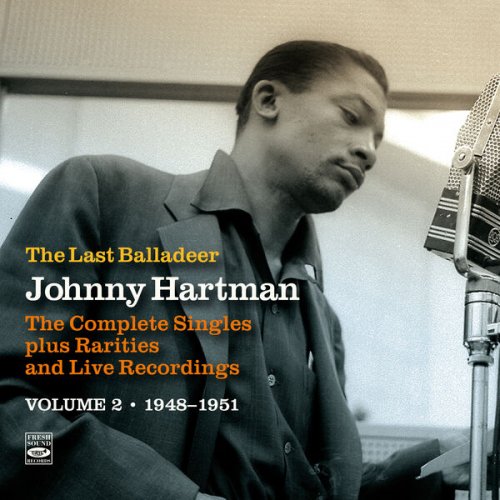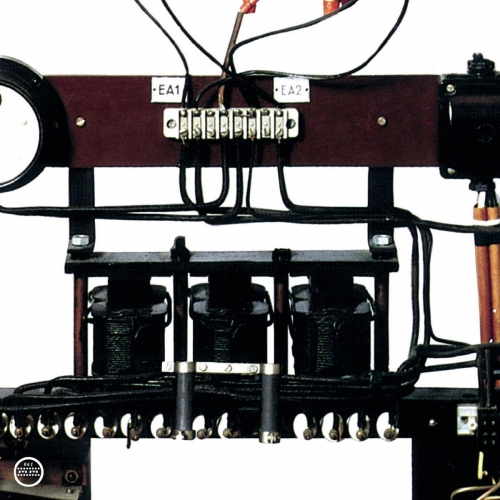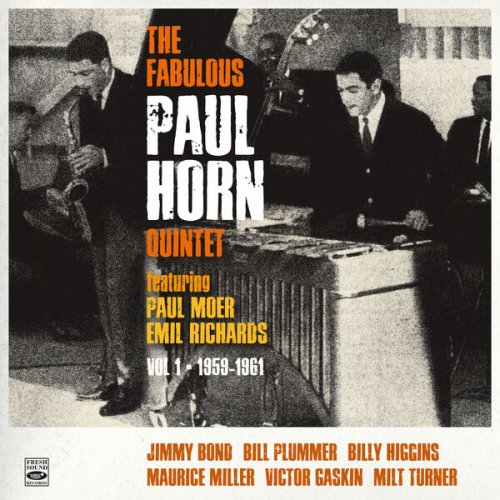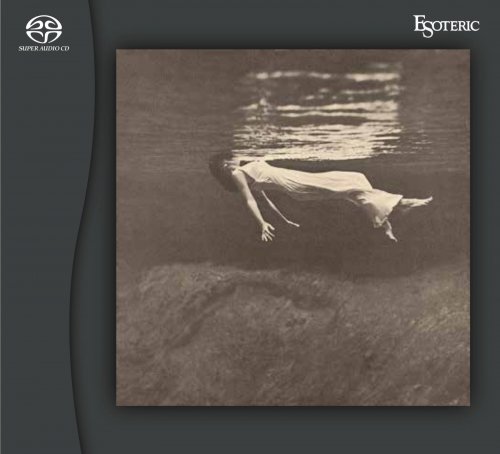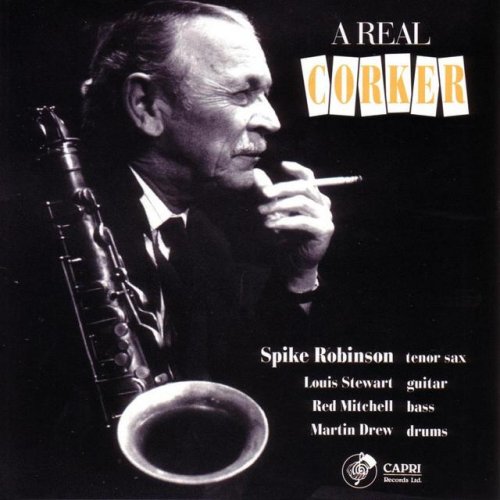Dick Khoza - Chapita (2021)
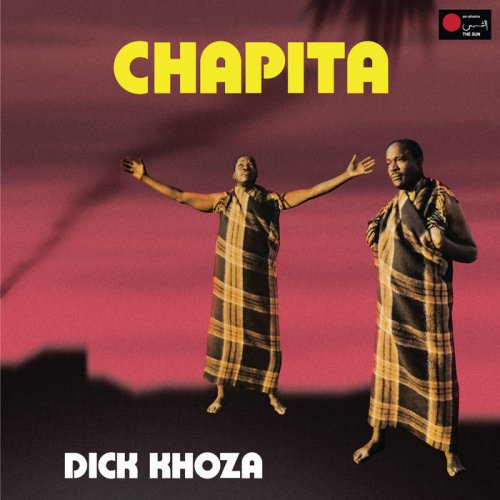
Artist: Dick Khoza
Title: Chapita
Year Of Release: 1976
Label: As-Shams/The Sun
Genre: World, African, Jazz
Quality: MP3 320 kbps / FLAC (tracks)
Total Time: 00:34:46
Total Size: 82; 207 MB
WebSite: Album Preview
Legendary long lost South African afro-jazz classic from the vaults of Rashid Vally’s Asshams (Sun) record label! Remastered from the original master tapes and reissued for the first time since 1976. Title: Chapita
Year Of Release: 1976
Label: As-Shams/The Sun
Genre: World, African, Jazz
Quality: MP3 320 kbps / FLAC (tracks)
Total Time: 00:34:46
Total Size: 82; 207 MB
WebSite: Album Preview
Tracklist:
1 01. Dick Khoza - Chapita (09:48)
1 02. Dick Khoza - Zumbwe (Baby Tiger) (07:12)
1 03. Dick Khoza - African Jive (Moto) (06:28)
1 04. Dick Khoza - Lilongwe (07:29)
1 05. Dick Khoza - WD 46 Mendi Road (03:48)
In September 1976, in the aftermath of the June 16 Soweto uprisings, Dick Khoza took the Pelican Club house band into the studio to lay down the five tracks that comprise the Chapita album. Lost for over thirty years, these recordings are a fleeting glimpse of the mid-70s mood of downtown Johannesburg, filtered through the artistic vision of troubadour, arranger, composer and impresario Dick Khoza.
The Chapita recording was financed by Rashid Vally’s growing As-shams (Sun) label. Vally was responsible for backing and producing the seminal mid-seventies recordings of Abdullah Ibrahim (Dollar Brand), including the classic South African jazz anthem Mannenberg. Whilst the As-shams label is well known for these recordings of Abdullah Ibrahim, Vally extended the catalogue by funding numerous recording sessions for jazz musicians keen to be given a free reign in the studio. Over the course of the next twenty years more than 40 albums were issued. These records were heavily promoted through Vally’s Kohinoor (Mountain of Light) record store, which was a legendary hangout for jazz lovers. It was also one of the few spaces in the city where people of different races could mix comfortably.
On the title track, an encounter between two migrants in the city, the tension between a rooted African past and a precarious urban present is laid bare. The urban migrant is obliged to assure everyone at home that he is doing alright, no matter how fragile and lonely he may feel. Probably he is wrapped in the same all-purpose blanket which Khoza insisted on for the cover image of this album.
Hello, Chapita, how are you?
Me, I’m alright, I just came here.
How is my mother, Chapita?
Me, I’ll be coming home soon.
The song is in Chiyanja, the Zambian variant of Malawi’s national language Chichewa. Khoza was born in Malawi but grew up and lived most of his life in South Africa.
Kohinoor and As-shams were beacons of light in a dark time. Today, the albums issued on the As-shams label are highly prized by collectors, archivists and lovers of South African jazz for the freedom of spirit they capture and embody. This re-mastered recording is testimony to the endurance of Khoza’s musical vision and to Rashid Vally’s seminal role in the history of recorded jazz. The afro jazz sounds of Dick Khoza and the Pelican house band live on.

